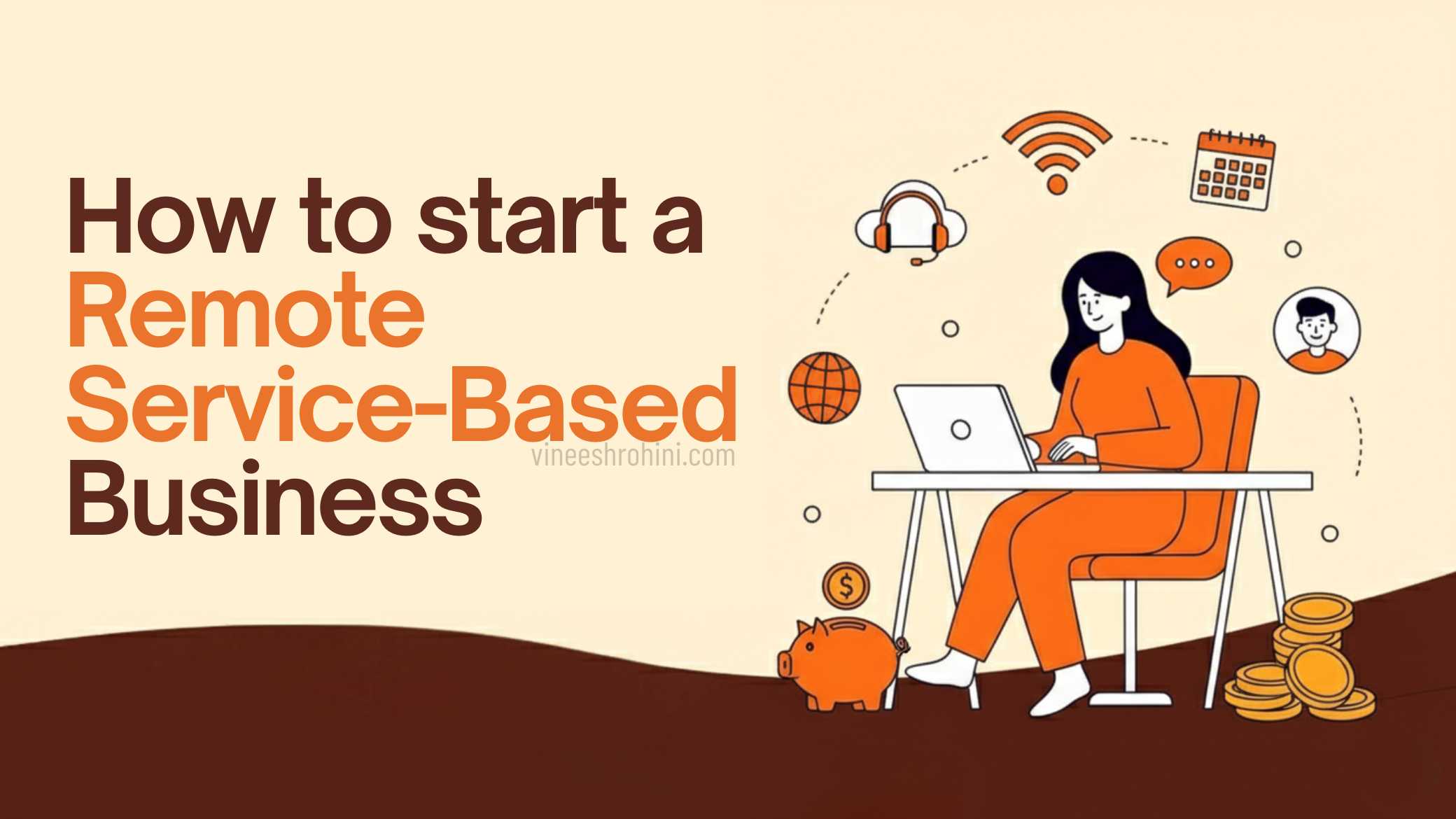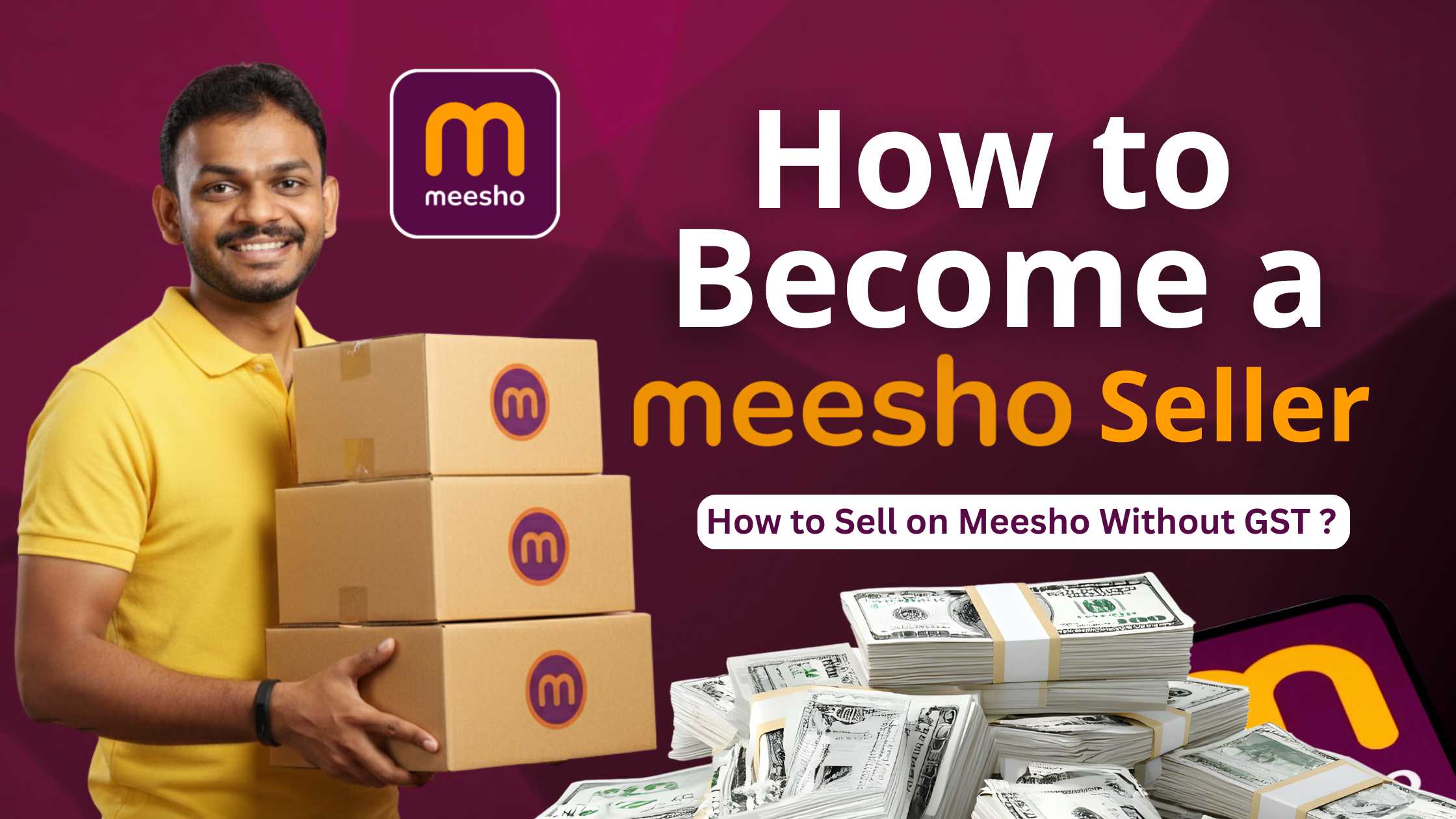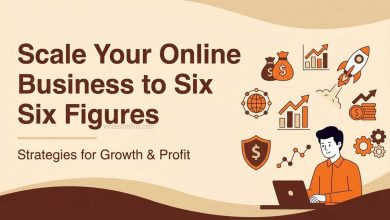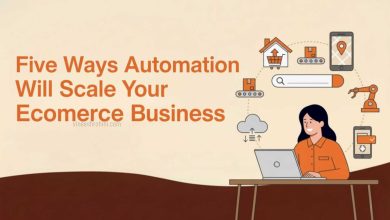How to Market Your Online Store ? : Comprehensive Guide 2025
How to Market Your Online Store : In today’s digital era, starting an online store is only half the battle; marketing it effectively is what drives traffic, conversions, and ultimately revenue. With e-commerce growing at an unprecedented pace, mastering online store marketing strategies is essential for entrepreneurs, small business owners, and digital marketers alike.
Table of Contents
This comprehensive guide explores proven techniques, modern tools, and high-impact strategies to market your online store successfully in 2025.
Understanding Your Target Audience

Marketing your online store begins with a deep understanding of your target audience. Knowing who your ideal customers are, their buying habits, preferences, and pain points enables you to craft campaigns that resonate. Start by creating detailed buyer personas: demographic information, purchasing behavior, preferred online platforms, and pain points. High-quality audience research ensures that your marketing messages reach the right people at the right time.
Also Read : 3 Easy Online Businesses You Can Start Today – Comprehensive Guide 2025
Use analytics tools such as G Analytics, Fb Audience Insights, and hotjar to gain actionable insights. Segment your audience based on behavior, interests, and demographics. For instance, a fashion store might segment customers into categories like “college students seeking budget-friendly fashion” and “professionals seeking premium wear.” Tailored marketing campaigns to these segments significantly improve engagement and sales.
Search Engine Optimization (SEO) for Online Stores
SEO remains the backbone of organic traffic for any online business. By optimizing your website for search engines, your store can attract highly targeted visitors actively searching for products you offer. Focus on the following areas:
Keyword Research
Identify high-volume, low-competition keywords related to your niche. Use tools like Ahrefs, SEMrush, and Ubersuggest to find keywords with commercial intent such as “buy wireless headphones online” or “best skincare products India.” Include long-tail keywords, as they capture customers closer to the purchase stage.
On-Page SEO
Optimize your product pages by including relevant keywords in titles, descriptions, meta tags, headers, and image alt texts. Ensure each product page is unique and informative. For example, instead of generic descriptions, highlight features, benefits, and usage instructions to improve relevance and ranking.
Technical SEO
Ensure your online store has a fast-loading, mobile-friendly design. Use structured data to enable rich snippets in search results, improving click-through rates. A clean URL structure, proper sitemap, and SSL certification are essential for search engine trust and user experience.
Content Marketing
High-quality content drives organic traffic and establishes your brand authority. Start a blog on topics like “Top 10 Gadgets Under ₹5000” or “How to Choose the Perfect Skincare Routine.” Content marketing not only attracts visitors but also enhances your SEO efforts.
Social Media Marketing
Social media platforms have evolved into powerful marketing channels for online stores. Platforms such as Insta, FB, Pinterest, and LinkedIn allow brands to connect with potential customers and build community engagement.
Visual Content
Use high-quality images, videos, and graphics to showcase your products. Lifestyle images and videos showing products in real-life situations enhance engagement and conversions. Tools like Canva or Adobe Express make it easy to design visually appealing posts.
Paid Social Advertising
Paid campaigns on FB, Insta, and others allow precise targeting based on interests, behaviors, and demographics. Remarketing campaigns target users who visited your website but did not purchase, improving conversion rates. Monitor metrics like CTR, CPC, and ROAS to optimize campaigns.
Influencer Marketing
Collaborate with influencers in your niche to promote products. Micro-influencers often have higher engagement rates and can drive authentic traffic. For instance, a beauty brand might collaborate with skincare influencers to review new products, boosting visibility and credibility.
Email Marketing Strategies
Email marketing remains one of the highest ROI channels for online stores. A well-executed email strategy can boost sales, encourage repeat purchases, and retain customers.
Build an Email List
Offer incentives like discounts, free shipping, or exclusive content to grow your email list. Tools like Mailchimp, Klaviyo, and ConvertKit help manage campaigns efficiently.
Segmentation and Personalization
Segment your subscribers based on purchase history, browsing behavior, and demographics. Personalized emails, such as product recommendations or cart abandonment reminders, significantly increase conversion rates.
Automated Email Campaigns
Set up automated sequences for welcoming new subscribers, following up on abandoned carts, and sending post-purchase recommendations. Automation saves time and ensures consistent engagement with potential and existing customers.
Paid Advertising & G Ads

Paid advertising accelerates traffic and sales for online stores. Platforms like G Ads, Microsoft Ads, and YT Ads allow targeting customers actively searching for your products.
G Search Ads
Create campaigns targeting high-intent keywords such as “buy wireless earbuds online” or “organic skincare products India.” Search ads capture users ready to make a purchase, maximizing ROI.
Shopping Ads
G Shopping Ads display your product images, prices, and store details in search results. These ads are highly visual and drive click-through rates as customers can compare products directly.
Retargeting Ads
Use retargeting campaigns to re-engage visitors who have browsed your website but did not convert. Retargeting can increase sales by reminding potential customers of products they showed interest in.
Leveraging Marketplaces
In addition to your own website, selling on marketplaces like Amazon, Flipkart, Myntra, and Snapdeal can expand your reach. Marketplace platforms have existing traffic, trust, and established payment systems, making it easier for new brands to gain exposure. Optimize product listings with high-quality images, detailed descriptions, and positive reviews to increase visibility.
Video Marketing
Video content is becoming a dominant form of engagement in 2025. Platforms like YT, Insta Reels and FB Watch allow you to showcase products, tutorials, and reviews.
Product Demonstrations
Create videos showing product usage, features, and benefits. Videos help customers visualize products, building trust and reducing return rates.
Customer Testimonials
Encourage satisfied customers to provide video reviews. Social proof builds credibility and influences buying decisions.
Live Streaming
Live selling is gaining popularity, especially in India. Platforms like Insta and FB Live allow real-time interaction, product demonstrations, and instant purchases.
Influencer & Affiliate Marketing
Affiliate marketing programs allow bloggers, social media personalities, and influencers to promote your products in exchange for commissions.
Benefits
- Expands your reach without upfront advertising costs
- Builds credibility through trusted influencers
- Drives high-intent traffic
How to Start
Identify relevant influencers in your niche, set commission rates, and provide them with marketing assets. Tools like Impact, ShareASale, and Amazon Associates help manage affiliate programs efficiently.
Conversion Rate Optimization (CRO)
Driving traffic to your online store is important, but converting visitors into paying customers is the ultimate goal.
Website Design
Ensure your website is clean, fast-loading, and mobile-friendly. Use clear product categories, search functionality, and an easy checkout process.
Product Pages
Optimize product pages with high-quality images, detailed descriptions, pricing information, and trust signals like reviews and ratings. Include call-to-action buttons that stand out.
A/B Testing
Experiment with different headlines, button colors, layouts, and offers to determine what converts best. Tools like Optimizely and VWO help implement A/B tests.
Analytics and Performance Tracking
Monitoring performance is crucial to improving your marketing strategies.
Key Metrics
- Traffic Sources (Organic, Paid, Referral)
- Conversion Rates
- Average Order Value (AOV)
- Customer Acquisition Cost (CAC)
- Return on Ad Spend (ROAS)
Tools
Use G Analytics, FB Pixel, SEMrush, Hotjar, and Klaviyo to track, analyze, and optimize campaigns.
Leveraging Emerging Trends in 2025
Online store marketing in 2025 is evolving with new technologies and trends:
Artificial Intelligence (AI)
AI-powered tools help with personalized recommendations, automated customer support, and predictive analytics. Tools like ChatGPT, Jasper AI, and HubSpot AI can streamline marketing efforts.
Voice Search Optimization
With smart speakers and voice assistants gaining popularity, optimizing for voice search helps capture a growing audience. Focus on long-tail conversational keywords like “where to buy wireless earbuds online.”
Augmented Reality (AR)
AR allows customers to try products virtually before buying. Fashion, furniture, and beauty brands can increase engagement and reduce returns using AR experiences.
Sustainability Marketing
Consumers increasingly prefer eco-friendly products. Highlighting sustainable practices in your marketing campaigns enhances brand trust and loyalty.
How to Market Your Online Store – Conclusion

Marketing an online store in 2025 requires a combination of strategic planning, digital tools, and a deep understanding of your audience. A successful strategy involves SEO, social media marketing, email campaigns, paid advertising, video content, influencer collaborations, and conversion optimization.
Buy Now : Affiliate Success Mantra – Win Affiliate Markets
Staying updated with emerging trends like AI, voice search, and AR ensures your brand stays ahead in the competitive online market. By implementing the strategies outlined in this comprehensive guide, entrepreneurs and online store owners can attract the right audience, maximize conversions, and build a profitable e-commerce business.
Disclaimer: The strategies discussed are intended for educational purposes. Results may vary depending on niche, market conditions, and execution quality. Always perform market research and test strategies before large-scale implementation.
Keywords : How to Market Your Online Store – How to Market Your Online Store 2025



